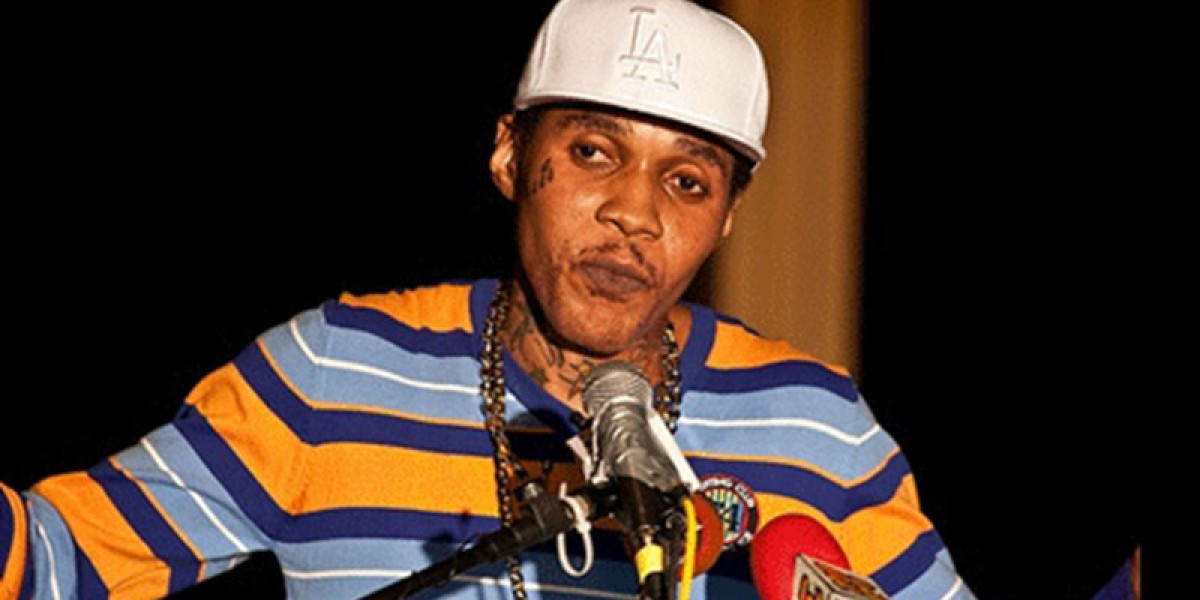This development reignites the debate surrounding his controversial case and the pursuit of justice.
A decade after his conviction and life sentence for the murder of Clive "Lizard" Williams, Vybz Kartel, the renowned Jamaican dancehall artist, finds himself at the center of a legal whirlwind. Kartel, born Adidja Azim Palmer, had soared to fame within the dancehall scene, captivating audiences worldwide with his magnetic stage presence and provocative lyrics. However, his ascent came to a screeching halt with his entanglement in a high-profile legal drama that would come to define his career.
In 2014, Kartel's life took a dark and unexpected turn when he was found guilty of the 2011 murder of Clive "Lizard" Williams, a crime that led to a life sentence behind bars. The conviction shocked fans and observers alike, casting a shadow over Kartel's once-flourishing career and raising questions about the complexities of justice within Jamaica's legal system.
Recently, the narrative surrounding Kartel's case experienced a dramatic twist with reports emerging of a successful appeal against his conviction. According to the New York Times, the appeal highlighted instances of juror misconduct during the original trial, igniting a fresh legal battle that could reshape the course of Kartel's future. The revelation of potential juror impropriety reopened wounds and reignited debates surrounding the integrity of the initial trial proceedings.
Central to the appeal is the allegation of juror misconduct, with claims surfacing that one juror attempted to influence others with bribes in exchange for a not-guilty verdict. Despite these disturbing allegations, the compromised juror remained part of the trial proceedings, raising serious concerns about the fairness and impartiality of the verdict.
In a landmark ruling, the Privy Council, the highest appellate court for Jamaica, deemed the inclusion of the tainted juror as "fatal to the safety of the convictions which followed." This pronouncement underscored the severity of the situation and raised profound questions about the integrity of Kartel's original trial. The decision to overturn his conviction has thrown the case into tumult, with the Jamaican appeals court now tasked with determining whether Kartel and his co-defendants will face a new trial.
As the legal saga unfolds, the spotlight once again shines on Vybz Kartel, his supporters, and detractors alike, as they grapple with the complexities of justice, fame, and the enduring legacy of a tumultuous legal battle.








